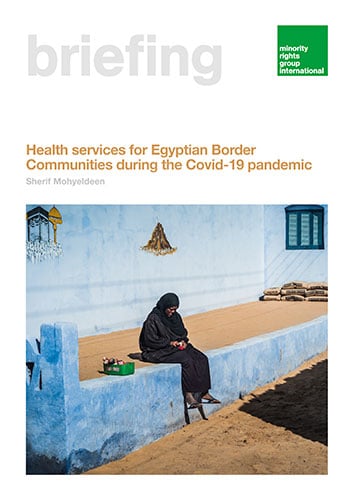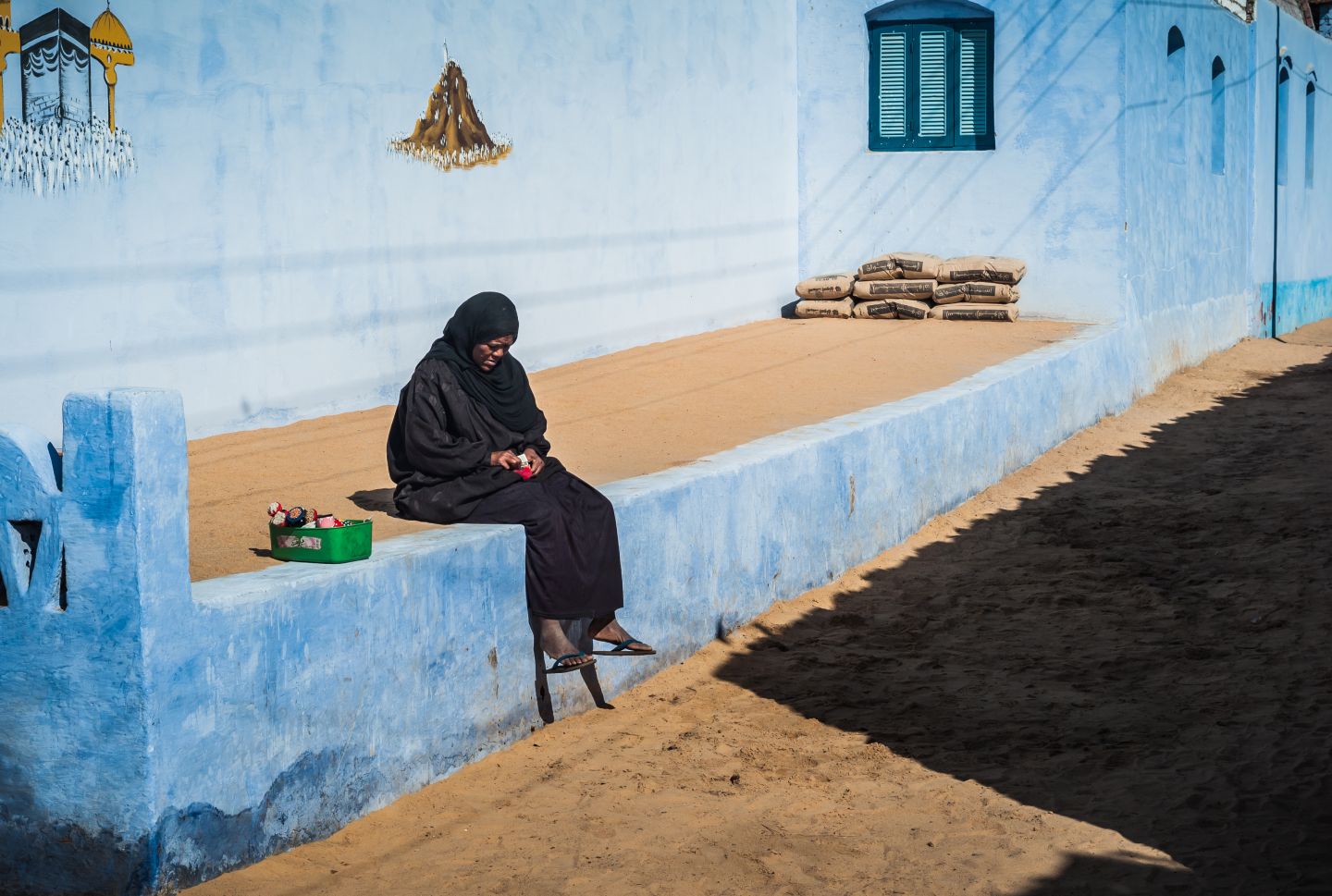
Health services for Egyptian Border Communities during the Covid-19 pandemic
This briefing reviews the experiences of minorities and indigenous peoples in Egypt during the Covid-19 pandemic, including their living conditions and access to public health services. In particular, it focuses on the experiences of Nubians, Bedouins and Amazigh in the border regions of Aswan, Sinai and Matrouh.
While the dispatch of mobile health clinics to the most neglected areas can provide some relief, there is still an urgent need to address the root causes of the health care crisis. New policies addressing both education and health in those areas can help to resolve the issues most effectively. For minority and indigenous communities resident there, who already contend with high levels of poverty and marginalization, the need is especially acute.
In all three regions, despite a general surge in spending on health care across the country, many shortcomings remain. The briefing closes with a set of recommendations to address these challenges, focused on targeted prioritization measures in border regions, greater attention to training and capacity building of local personnel, as well as sustainable delivery, with more budget dedicated to staff development and service improvements.
